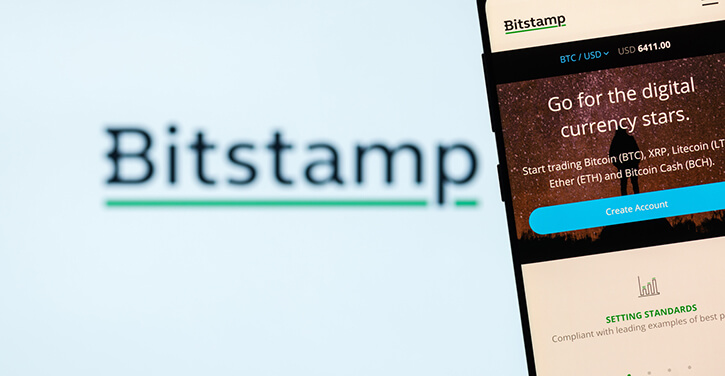
Bitstamp will now require its Dutch users to complete Know Your Customer (KYC) procedures for withdrawals to external wallets
Bitstamp will require its Netherland-based customers to link their identity to off-exchange withdrawal addresses according to a private message doing rounds on social media. Effectively, Bitstamp will reportedly be able to track off-exchange addresses in the Netherlands. In the message, the exchange stated it is obligated “to collect proof that you are the owner of any third-party wallet or exchange account before you can withdraw crypto to it”.
The new policy essentially means customers based in the Netherlands have to whitelist their off-exchange crypto addresses on the exchange and also provide photographic proof that the addresses belong to them. This is closely similar to a move the US is currently considering that will require customers to verify their off-exchange addresses. The exchange explained that while this was an optional security feature before, it is now mandatory for all Dutch customers.
“Whitelisting is a security feature which was already available at Bitstamp, but now it has become obligatory for all customers affected by the new regulation in the Netherlands”, the notice read.
The message made a shallow reference to Dutch regulations, most likely the newly introduced KYC/AML guidelines from November. The AML guidelines first appeared in November 2019 as a set of draft rules from Dutch regulators. They were, however, approved and passed into law late last year.
A section of the guideline states that “crypto service providers must check whether their clients and any ultimate beneficiary owners are on a Dutch or European sanctions list” before offering exchange services.
This implementation, as of writing, only seems to affect users based in the Netherlands and it’s not clear if it will be adopted in other regions. So far, Bitstamp remains the topmost notable crypto exchange to have enforced the KYC procedure. There is a possibility that the same regulations will be adopted by other exchanges in the coming days. The majority of the exchanges, at present, only require customers to link their identity to addresses hosted by the exchanges.
Although the new guidelines are beneficial to a degree, they have been heavily criticised and received opposition from many in the crypto community. This is because their implementation will mean crypto users have little privacy.

